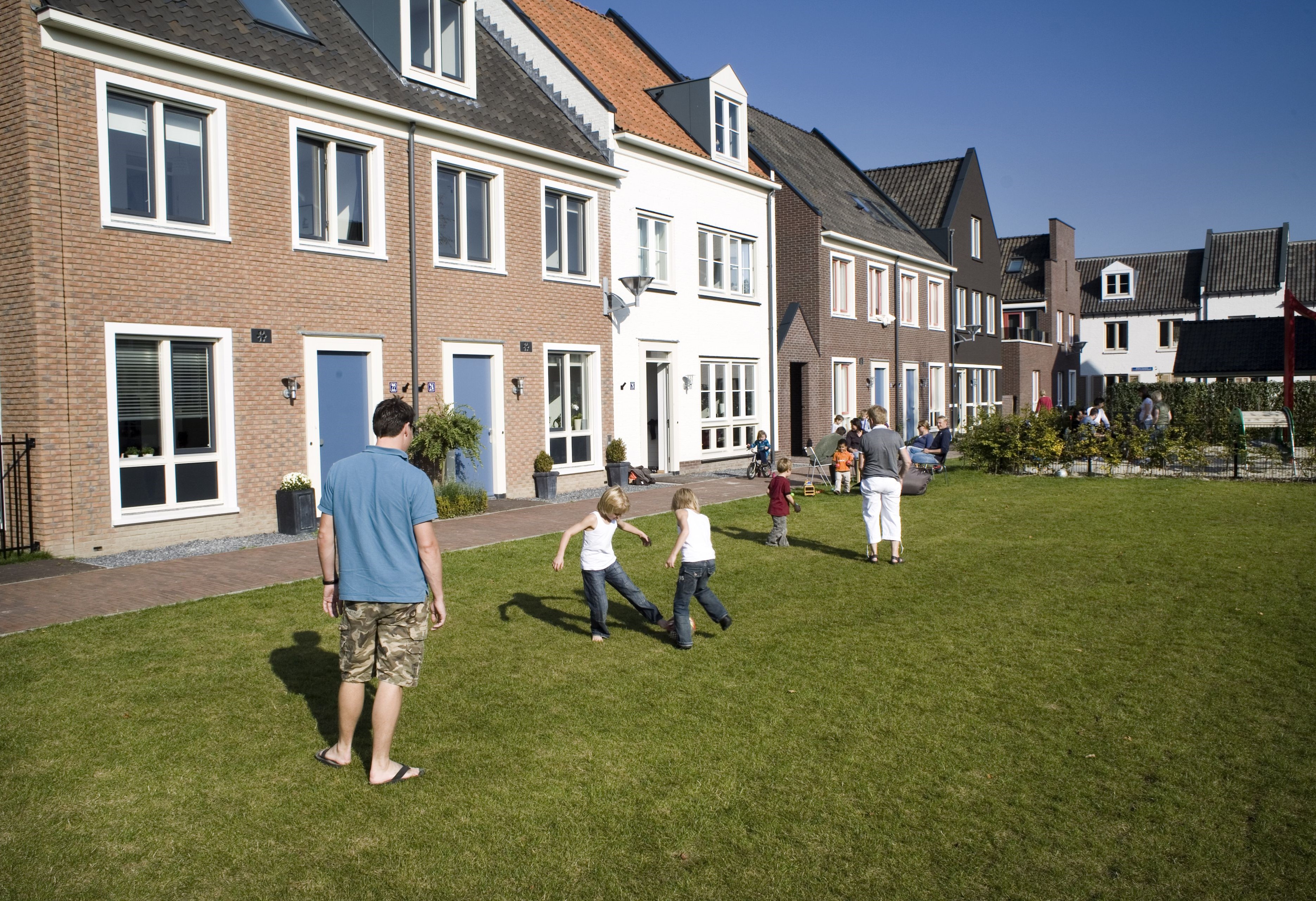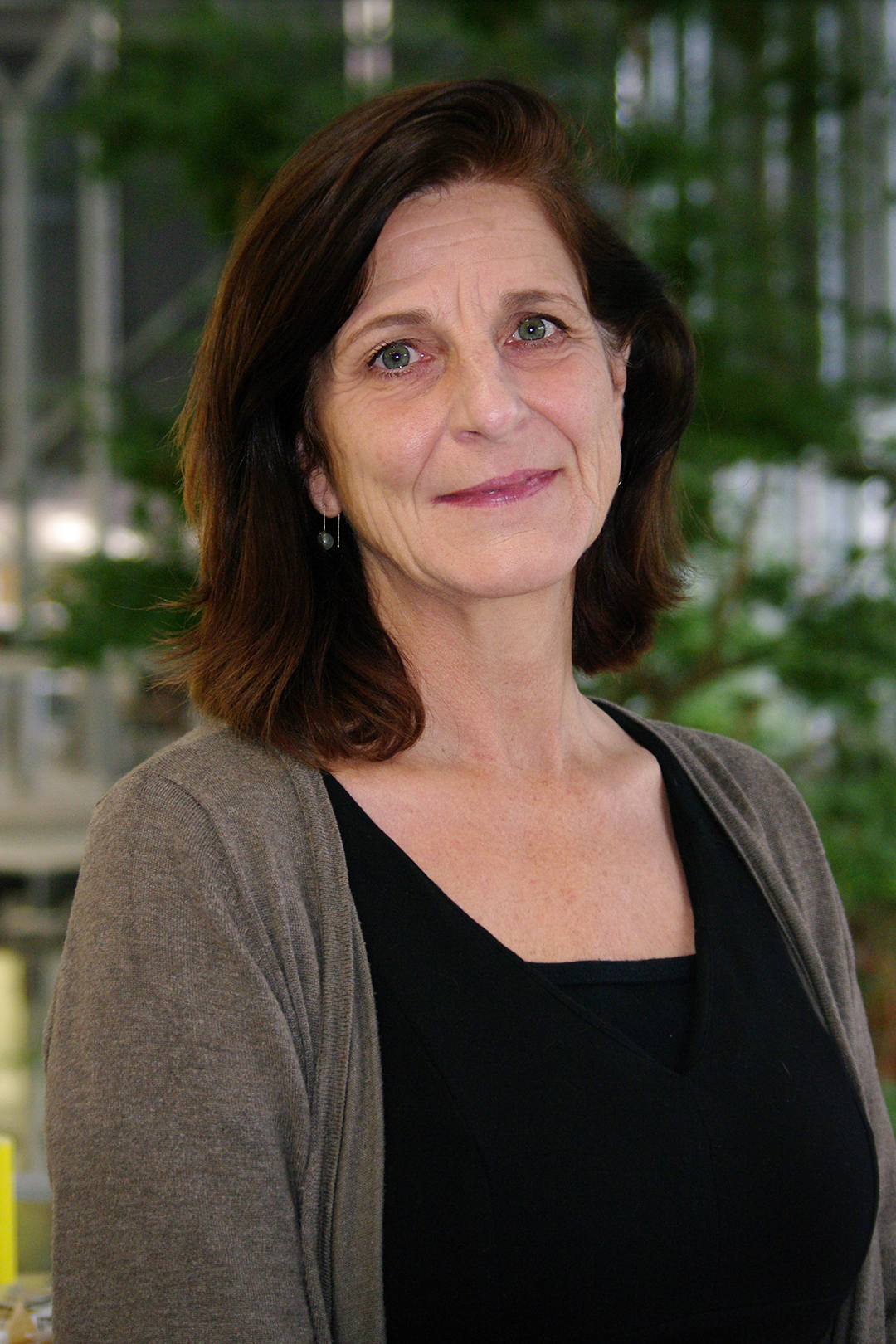Housing Institutions & Governance
The chair of Housing Institutions & Governance is focusing on arrangements for housing that contribute to wellbeing of people in the Global North as well as the Global South. Adequate housing is about proper planning and design, energy efficient materials, processes and installations. To make adequate housing work; institutions and governance are of key importance.
Marja Elsinga is leading this chair. Her team focusses on how to make adequate housing work in different contexts and how countries can learn from each other. She is supervising PhD-students from Europe, Asia, Africa and Latin America.
The world is urbanizing rapidly and this has huge consequences for housing: wellbeing of people is under pressure. Rising house prices are an important source of income for owners of residential real estate, for local governments by tax revenues and engine of growth for national economies. Moreover, speculating on even higher house prices, using the housing stock for airbnb and neglecting maintenance are ways to achieve even higher profits. Yet, housing is closely related to the wellbeing of people: adequate housing is of key importance for health, basic security and access to the labour markets in the Global North as well as the Global South. The current housing situation demonstrates an uncomfortable tension between housing as source of income for many and adequate housing as human right.
With several initiatives the chair wants to respond to these societal issues.
1 Million Homes initiative
The housing crisis in 2020 in the Netherlands, a rich country with a rich housing tradition, demonstrates that the belief in market efficiency of the last decades did not result in adequate housing for all. What is considered sustainable (energy efficient and climate adaptive) and fair, what can be the leading principle for governance and which innovations deserve further development? The initiative focusses not only on market developments and policies, but also on values and informal institutions. Read here more about this initiative.
Global Urban Lab
880 millions of people live in inadequate housing, moreover the urban population is expected to increase by 2.5 billion people by 2050 as result of the migration from the countryside to the city and the growth of the world’s population. This will put even higher pressure on the living conditions and the way how we are shaping our urban environment.
GUL encourages design, engineering and social science expertise to support the creation of inclusive, healthy and fair living environments where people can live the lives they value. Read here more about Global Urban Lab.
Focusing on housing and wellbeing
Marja Elsinga has published widely on the topic of housing and welbeing and holds several editorial positions: associate editor-in-chief of the Encyclopaedia of Housing and Home, Associate Editor Europe of Housing & Society and member of advisory board of Housing Theory and Society. She is teacher on housing issues in bachelor and master education in TUDelft and is invited by many universities for guest lectures on the topic of housing. She has more than 25 years of experience in contract research for the European Commission, Dutch central and local governments, the Flemish Expertise Centre for Housing, housing associations and lenders. She also holds several positions in housing practice such as the board of the Network Conceptual Building and the expert council for assessment of Dutch housing associations. Moreover, she is regularly invited as (keynote) speaker at housing events across the world.

